☆ PuniPuni Youtube ☆
Japanese Grammar – Adverbial Form of Adjectives – Review Notes
Today, we will learn how to express manner of action or outcome of a change using the adverbial form of adjectives!
………………………………………………………………………………..

★ Today we will learn how to express manner of action or outcome of a change using the adverbial form of adjectives!
★ If you haven’t learned the basics about Japanese adjectives yet, you might need to check out that lesson first! Click here!
★ First, we need to learn how to turn adjectives into adverbs!
★ For い-adjectives (i-adjectives), just change い (i) to く (ku). For example, in adjective form: 強い気持ち (tsuyoi kimochi – strong feelings); in adverbial form:強く感じる (tsuyoku kanjiru – to feel strongly).
★ For な-adjectives (na-adjectives), add に instead of な. For example, in adjective form: 簡単な説明 (kantan na setsumei – a simple explanation); in adverbial form:簡単に説明する (kantan ni setsumei suru – to explain simply).
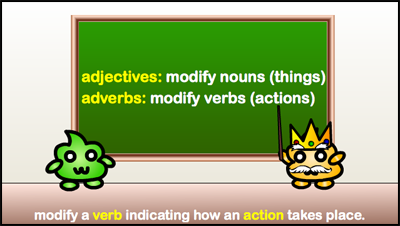
★ Just to clarify, adjectives modify nouns (things) and adverbs modify verbs (actions)
★ The adverbial form of Japanese adjectives modify a verb indicating how an action takes place.
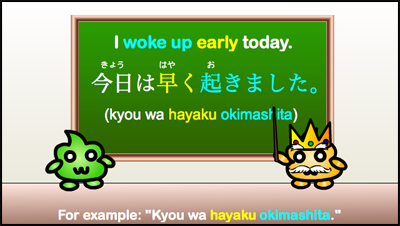
★ For example:
今日は早く起きました。
Kyou wa hayaku okimashita.
I woke up early today.
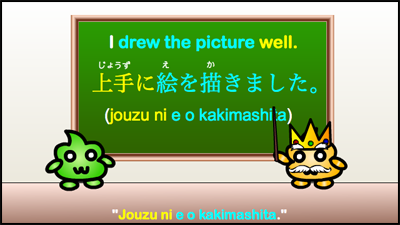
上手に絵を描きました。
Jouzu ni e o kakimashita.
I drew the picture well.
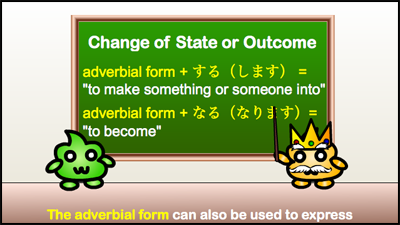
★ The adverbial form can also be used to express a change of state or outcome.
★ Adverbial form + する (suru) = “to make something or someone into”
★ Adverbial form + なる (naru) = “to become”
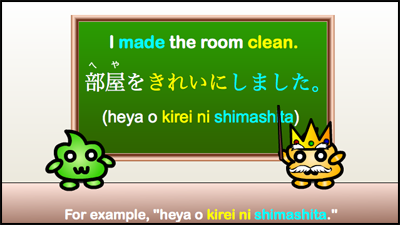
部屋をきれいにしました。
Heya o kirei ni shimashita.
I made the room clean. / I cleaned the room.
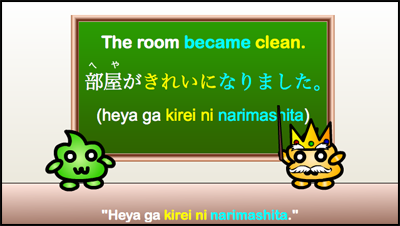
部屋をきれいにしました。
Heya ga kirei ni narimashita.
The room became clean.
………………………………………………………………………………..
More Example Sentences:
……………………………………………………………………………….
来週から忙しくなるね。
Raishuu kara isogashiku naru ne.
It will get busy from next week.
……………………………………………………………………………….
暖かくしてあげる。
Atatakaku shite ageru.
I’ll make you warm.
……………………………………………………………………………….
クマムシ – あったかいんだからぁ♪ “Attakai’n dakara”
This song is very popular in Japan right now (March, 2015)! Listen carefully for the part where he uses the grammar we learned today! (Hint, the last example we used above!)
……………………………………………………………………………….
Conclusion:
That’s it for today’s Japanese grammar lesson! If you have any questions, please leave a comment below!
……………………………………………………………………………….
Do you want a Japanese tutor?
Take Japanese Skype Lessons with Professional Japanese Teachers on kakehashijapan.com!
………………………………………………………………………………..
………………………………………………………………………………..










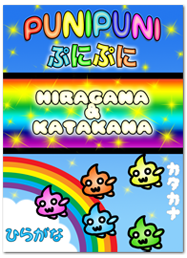
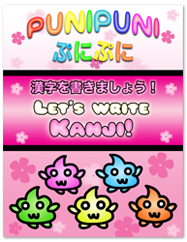


0 comments